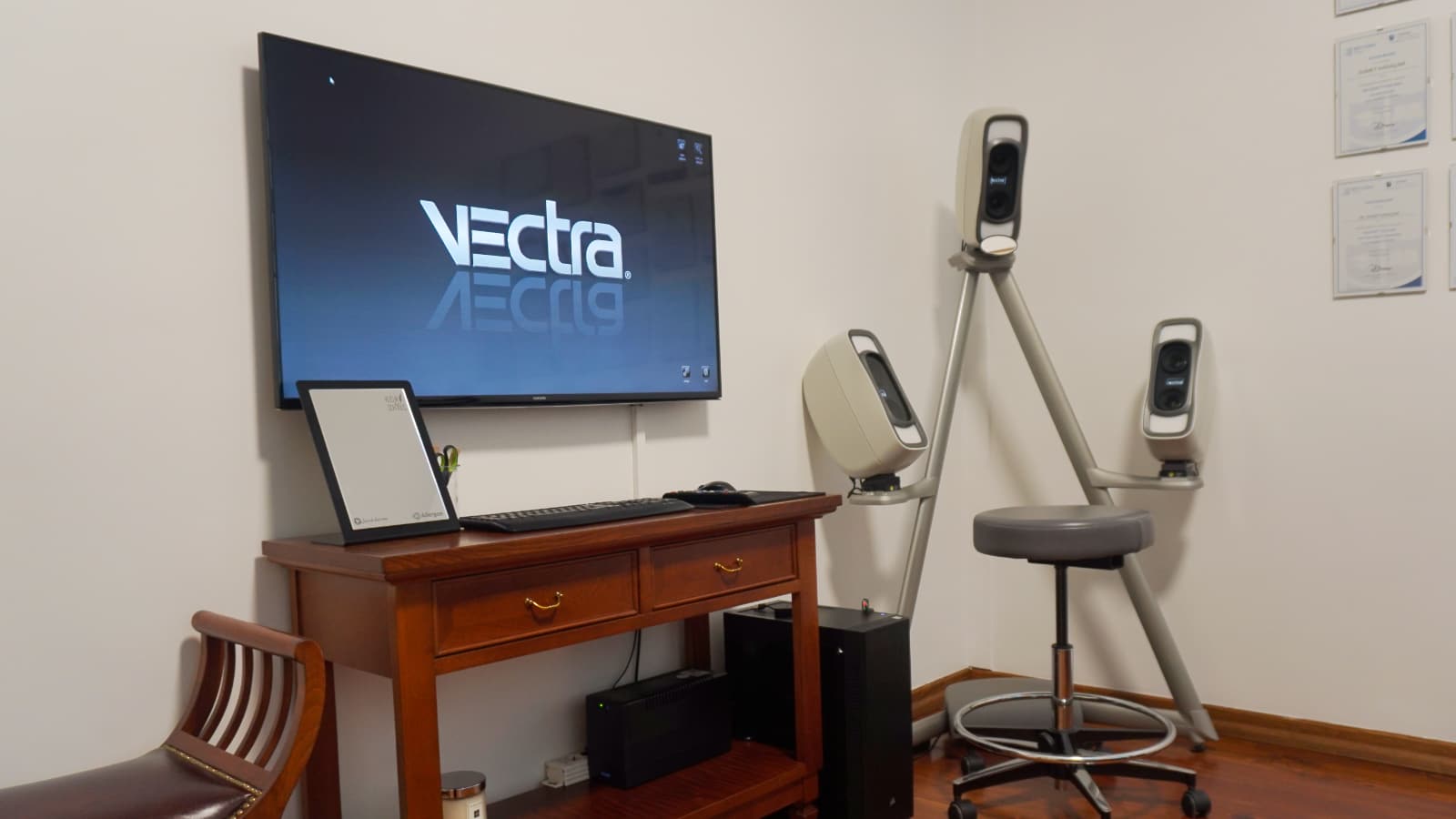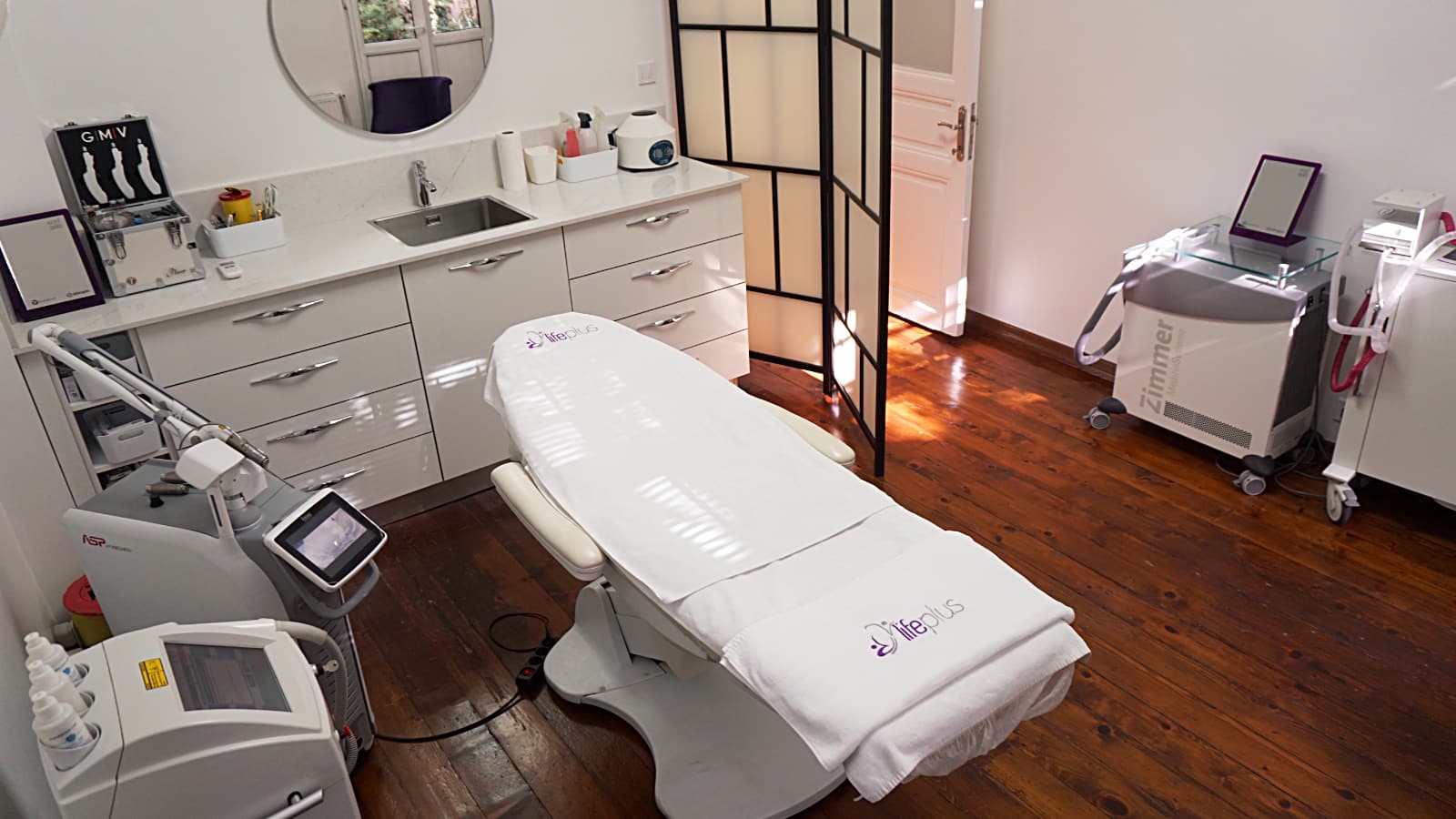NAD Theraphy
What is NAD, and why does our body need NAD?
NAD, or “Nicotinamide Adenine Dinucleotide,” is a naturally occurring enzyme in our body that helps cells produce energy. NAD deficiency, like the lack of oxygen and glucose, can lead to cell death.
Its function is to convert the energy we get from food into cellular energy, or it can be summarized as transporting raw materials for energy to cells. If NAD is present, vitality exists, which means there is ready power for energy expenditure. The NAD in the body combines with the energy from external food to become NADH. As you consume frequent and high-calorie foods, the amount of free-roaming NAD decreases or depletes, and NADH increases. This leads to weight gain, fat accumulation, and obesity.
One of the conditions that most activates longevity genes is fasting. NAD levels increase during fasting. Similarly, it is activated by low-calorie diets. To increase NAD, the first requirement is to consume fewer calories. Next is exercising. When energy is needed during exercise, the version that carries food in the form of NADH shifts to NAD, increasing its presence.
The presence of NAD supports the cellular portion of all regenerative and anti-aging activities in the body.
In cases of NAD deficiency in the body or reduced numbers due to the conversion of NADH, providing lab-produced NAD contributes significantly to various conditions, including obesity, diabetes, mental health, vascular and nervous system diseases, post-traumatic recoveries, reducing liver damage in substance use, and ultimately increasing the cell’s resistance to disease by increasing cellular energy levels and strengthening the body’s defense mechanisms.
NAD presence also increases serotonin levels, which are vital for mental regulation and helps alleviate depression and anxiety symptoms.
NAD is beneficial for individuals undergoing substance addiction treatment. It reduces cravings and withdrawal symptoms, provides energy to the body, and accelerates brain regeneration.
Furthermore, NAD plays a significant role in delaying the aging process.
The body naturally produces NAD, but the general level decreases over time. In such cases, ready-made NAD is administered intravenously in a therapy format. The typical procedure consists of one session per week, with a total of four sessions deemed sufficient.
Number of Sessions: 4-6 sessions are recommended at 7-day intervals.
Common Indications
It plays an active role in cell renewal.
It greatly supports energy increase.
It is very effective in the repair and development of cognitive functions.
It provides significant support in focusing problems, mental decline, onset of depression, addiction treatments.
It plays an important role in the cell as Anti-Aging.
It plays an important role in oxidation-reduction events in cells.
It is effective in the treatment of neurological diseases.
It acts as a hydrogen and electron donor or acceptor.
It also acts as coenzyme Q1 and is 10 times more effective than Q10.
Application Recommendations
Products containing caffeine should not be consumed before application.
Water should be consumed as much as the product volume during application. (For example; 0.25 lt of water should be consumed when applying NAD+ in 250 ml of SF.)
Application time 45 min – 1 hour
IV NAD+ (Nicotinamide Adenine Dinucleotide) application is generally used for energy production, anti-aging effects, brain function support and detoxification. Doses may vary depending on the patient’s needs, health status and treatment goals.
General IV NAD+ Doses:
Low dose: 50-250 mg (Generally for mild energy increase and general health support)
Medium dose: 250-750 mg (For brain function support, anti-aging effects and metabolism improvement)
High dose: 750-1500 mg (For detoxification, addiction treatment and neuroprotective effects)
Application Time and Protocols:
Slow infusion: NAD+ infusion is usually given slowly over 45 min-1 hour. Higher doses (1000 mg and above) may last up to 4-6 hours.
Duration of treatment:
Light supportive treatment: 1-2 times per week, 4-6 sessions in total
Intensive treatment: Daily infusion for 5-10 days
Long-term maintenance: Monthly or repeat doses as needed
Duration of effectiveness: May vary depending on the individual, dosage, and frequency of administration.
Fast Effect: When administered intravenously, NAD+ usually begins to work within a few hours. Users may notice increased energy levels, mental clarity, and general well-being.
Short-Term Effect: Most people feel the most significant benefits immediately after administration and within 24-72 hours thereafter.
Medium-Term Effect: The effects of NAD+ at the cellular level can usually last from a few days to a few weeks.
Long-Term Effect: People who receive regular NAD+ treatment may experience more lasting benefits due to improved mitochondrial function and support for cellular repair processes.
NAD+ levels may drop again over time, so some people prefer to repeat the application at regular intervals. The frequency and duration of application will vary depending on the person’s health, age, lifestyle, and goals.
Side Effects and Precautions:
Rapid infusions may cause side effects such as nausea, headache, chest tightness, or flushing.
It is recommended to drink plenty of water during treatment.
Caution should be exercised in patients with heart disease, kidney failure, or low blood pressure.
You should consult with your doctor to determine the most appropriate dose and application schedule for you.






